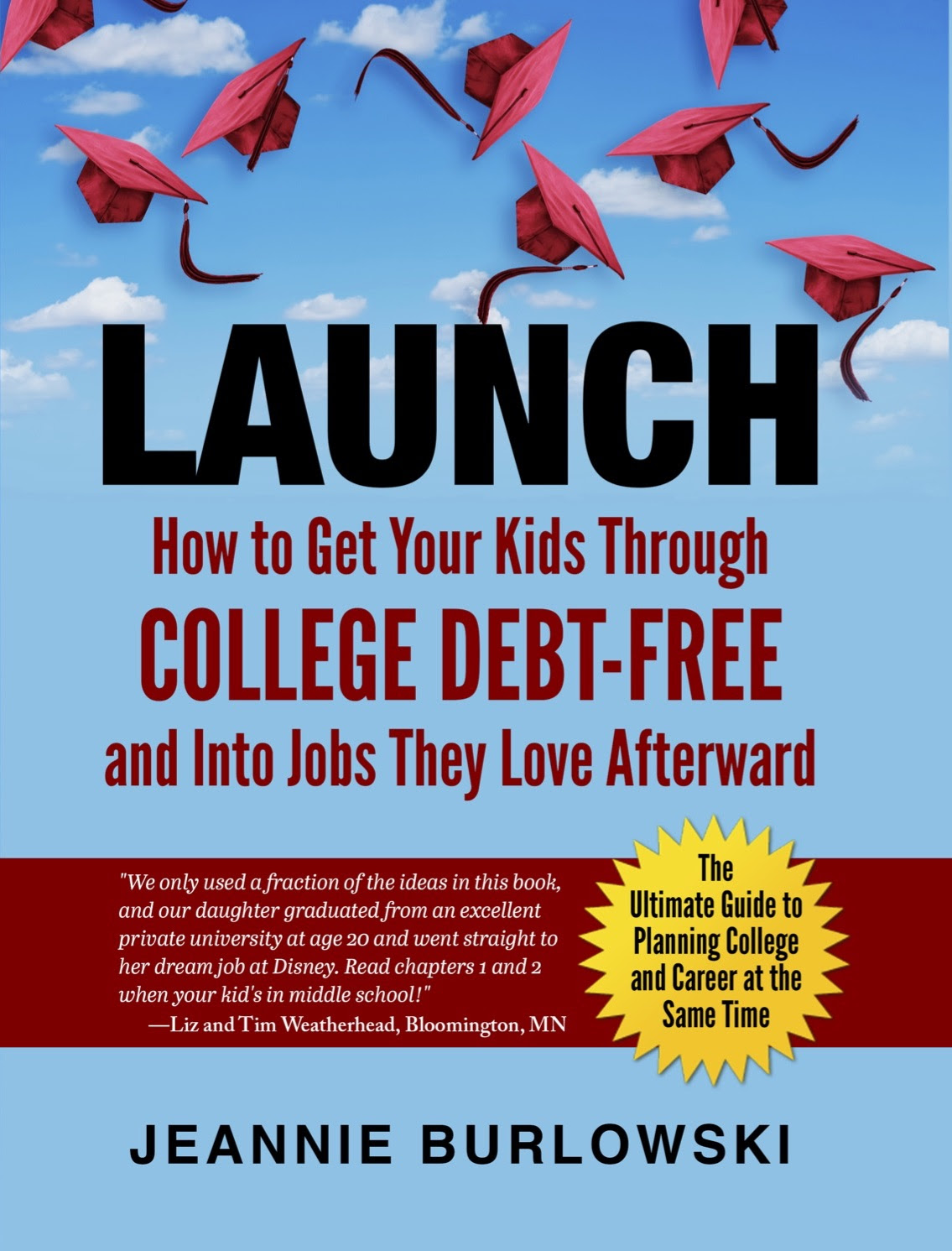There are many students who should not be attending four-year colleges and universities.
Why?
Because these students are desperately needed in well-paying jobs that require more specialized kinds of training than four-year colleges can provide. Read on, and I’ll help you to determine whether your son or daughter might be a good fit for one of these excellent careers.
Examples of careers that require technical college, not four-year college:
Air traffic controller
Aerospace engineering and operations technician
Registered nurse
Cardiovascular technician
Radiation therapist
Physical therapy assistant
Crane operator
Commercial driver
Heavy equipment mechanic
Auto body repair
Auto mechanic
Welder
Carpenter
Occupational therapy assistant
Radiologic (x-ray and imaging) technologist
Magnetic resonance imaging (MRI) technologist
Diagnostic medical sonographer
Nuclear technician
Dental hygienist
Electrical line worker
Computer network support specialist
Web developer
Paralegal
Electrician
Diesel mechanic (heavy vehicle technician)
Police detective
Funeral director
Avionics technician
Electrical and electronics drafter
Elevator installer and repairer
Sheet-metal worker
Electrical and electronics engineering technician
Solar panel consultant and installer
Wind turbine technician
Industrial maintenance technician
Mechanical engineering technician
Surgical technologist
Automation and robotics technician
Heating and air conditioning sales and installation (you can live anywhere!)
Master plumber or pipefitter
Geological and petroleum technician
Respiratory therapist
Construction manager
This is a short list; there are hundreds of additional well-paying careers that require only 2-year technical college training and not four-year degrees.
Do this to find more ideas:
Google the words “technical college” along with your zip code. Look for a Google result that has “technical college” or “community and technical college” in its name. Call the one nearest you and ask the receptionist to point you to a list of careers that students can prepare for at that school.
Not sure what one of the careers is, or how much it pays? Google the name of the career along with “BLS.” You’ll get to a beautifully laid out Bureau of Labor Statistics page that provides detailed information about that career.
Warning: Avoid “for-profit” colleges while you’re doing this research. To see whether a technical college you’re exploring is a “for-profit” college, search its name on this website: collegedata.com. If the word “private for-profit” is listed there, don’t consider that college. Run away and don’t look back. “For-profit” colleges are trouble. You can learn more about why here.
What if your child attends technical college, and then later on decides on a career that requires a four-year college degree?
That’s OK! The four-year colleges will always be there waiting.
If one of these careers might be a good fit, don’t let the short education time scare you off.
When it comes to well-paying jobs that require only limited college time, I’m with Joseph Audette, VP of Financial Literacy and Education at NerdWallet, who was quoted by Jenna Goudreau in Forbes as saying: “Many of the jobs that require only an associate’s degree pay more than those requiring a bachelor’s or a master’s. Why go through additional years of school and have more debt when the job isn’t going to be paying as much?”
Just imagine your daughter at age 22, with zero debt, looking back at two years of work experience where she earned over $100,000 in total and made zero payments to creditors. This could be your child if one of these great careers is a fit for her.
To learn why “follow your passion” is terrible career advice, take a look at the inspiring Mike Rowe video I included in the post I wrote here.
To determine whether your son or daughter might be an ideal fit for a two-year technical college education, see chapter 13 of my book:
Important—> It’s a reference book, so nobody reads the whole thing cover to cover. Pick out what you need to read in it using the fast-paced, 10-minute video instructions here.
You can see hundreds of reviews of this book on Amazon by going to:
Read just one chapter of LAUNCH every 1–3 months while your child’s in middle school and high school, and you’ll know every viable strategy for debt-free college at exactly the right time to implement it.
And if your child’s already well past middle school? That’s OK; you can run to catch up. But the process of getting your kids through college debt-free goes more smoothly the earlier you start—especially if you’re not planning to save up any money to pay for college.
Let's you and I walk together toward the goal of debt-free college for your kids.
We can accomplish this no matter your current income level—even if your kids never get a single scholarship.
Your first step is getting regularly scheduled, free helpful articles from me—right in your email inbox. Quick, sign up here.
Do you have very specific questions for me about debt-free college and career for your kids?
My TRIBE Members get the most direct access to me—while feeling good that the pennies per day they spend on the TRIBE help me bring debt-free college strategy to families who could never afford to pay for it. Join my TRIBE Membership waiting list here. (The parent testimonials you'll see there are so encouraging!)
Who is Jeannie Burlowski?
Jeannie is a full-time academic strategist, podcast host, and sought-after speaker for students ages 12–26, their parents, and the professionals who serve them. Her writing, speaking, and podcasting help parents set their kids up to graduate college debt-free, ready to jump directly into careers they excel at and love. Her work has been featured in publications such as The Huffington Post, USA Today, Parents Magazine, and US News & World Report, as well as on CBS News.
Jeannie also helps students apply to law, medical, business, and grad school at her website GetIntoMedSchool.com. You can follow her on Bluesky @jburlowski.bsky.social.
No part of this article was written using AI.
This article was updated on May 22nd, 2025.



